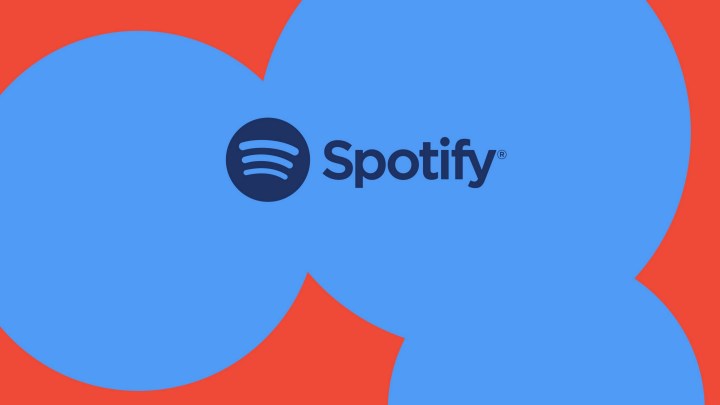
The new lawsuits come a couple months after its most recent court battle, but it’s clear that when it comes to copyright law, Spotify still has a lot to learn. One of the new cases being brought against Spotify comes from songwriter Bob Gaudio, who claims that famous songs like Can’t Take My Eyes Off You and Rag Doll are being distributed without proper licensing.
Bluewater Music Services Corporation brings the second case against Spotify — the publishing rights company claims that “anything less than the maximum $150,000 statutory damage award for each of the Infringed Works involved herein would encourage infringement, amount to a slap on the wrist, and reward a multibillion dollar company, about to go public, that rules the streaming market through a pattern of willful infringement on a staggering scale.”
While Spotify has certain licensing deals and has purchased some blanket licenses, individual songs that are owned by publishers and songwriters aren’t necessarily covered by these licenses. Every time one of those songs is played, the writers are meant to get a payout. But Spotify has admitted that finding each of those writers has proved a “daunting” task, and is one that the company apparently doesn’t always complete. And that’s getting Spotify in a lot of hot water.
Editors' Recommendations
- Ring and Amazon slammed with a federal lawsuit over failed camera security
- DieselGate continues to haunt Volkswagen as massive class-action suit is filed


